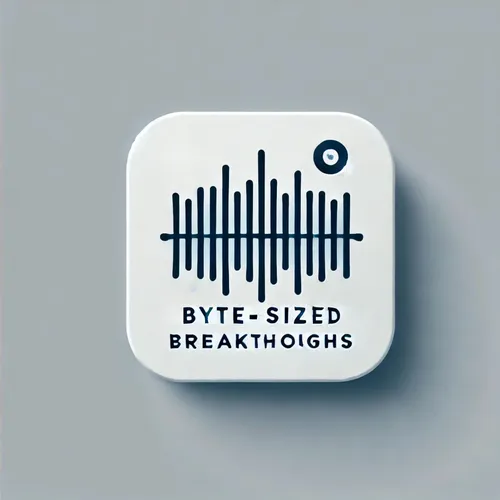Graph Isomorphism Networks: A Theoretical Framework and Architecture
- Author
- Arjun Srivastava
- Published
- Fri 02 Aug 2024
- Episode Link
- https://arjunsriva.com/podcast/podcasts/1810.00826/
The paper explores the limitations and capabilities of Graph Neural Networks (GNNs) and introduces a new architecture called Graph Isomorphism Network (GIN) designed to be as powerful as the Weisfeiler-Lehman (WL) test. Through theoretical analysis and experimental validation on various datasets, the research demonstrates GIN's superior representational power and generalization ability compared to existing GNN variants like GCN and GraphSAGE.
Engineers and specialists should take note of the importance of designing GNN architectures with highly expressive aggregation schemes like the injective multiset functions used in GIN. Understanding the theoretical underpinnings of GNNs and their limitations is crucial for developing more powerful and sophisticated models in the future.
Read full paper: https://arxiv.org/abs/1810.00826
Tags: Graph Neural Networks, Machine Learning, Deep Learning
